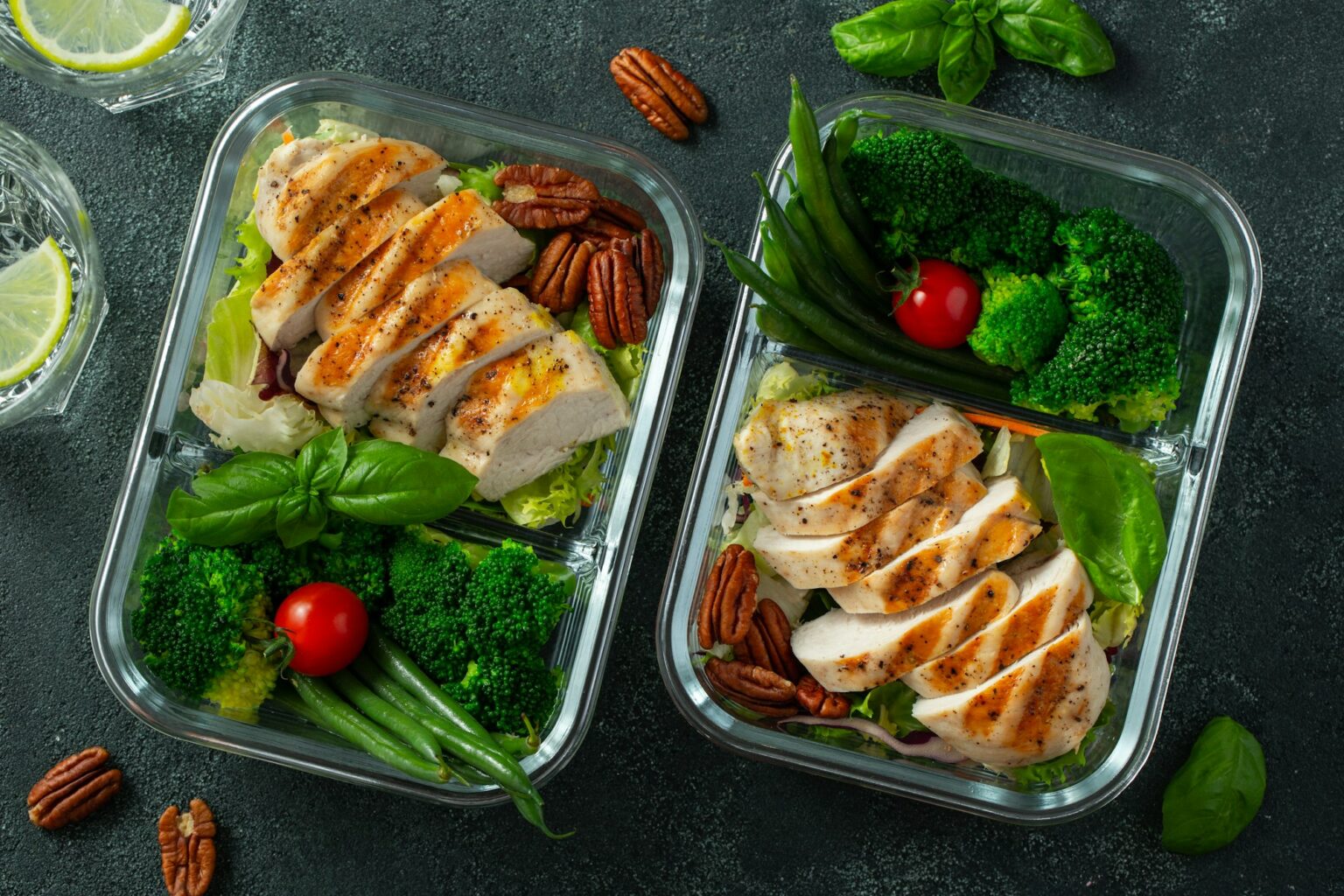Holistic nutrition is a lifestyle aimed at nourishing your whole self (body, mind, spirit), through eating whole foods, hydration and self-care. Here are a series of tips and strategies to support a holistic lifestyle.
Eat whole foods (foods in their natural state or minimally processed)
Eating a variety of food will provide the nutrients, antioxidants, flavonoids and enzymes the body requires for great mood, brain health, hormone production, healthy gut biome and overall health.
- Fruit – fresh is preferred, but for some locations, frozen is the next best option
- Vegetables- fresh is preferred, but frozen is an option
- Whole grains – brown rice, quinoa, whole oats
- Lean proteins – chicken, grass fed beef, seafood, lentils, beans
- Healthy fats – olive oil, avocado oil, hemp seed oil, coconut oil, butter from grass fed beef
Rainbow of Colour
Mix your fruit and vegetables; avoid eating only green vegetables. The more colourful the fruit and vegetable mix, the broader the nutrients, antioxidants, and flavonoids consumed, improving overall health.
- Fruit – Mango, apples, oranges, grapes (red, black or green), blueberries, blackberries, raspberries, strawberries, kiwi, lemons, limes, grapefruit, watermelon.
- Vegetables – Beets, radishes, kale, lettuce (many varieties), carrots, Brussels sprouts, mushrooms (many varieties), parsnips, rutabagas, turnip, broccoli, potatoes, yams, cauliflower, cabbage.
Limit Processed Foods
Processed foods contain fillers and sugars. They are also low in fibre content and can be high in salt. The processing of food also reduces the nutrient quality and quantity of the food. Some of the fillers in processed food can be associated with allergies or sensitivities and are best avoided.
Hydration – Drink Plenty of Water
The best water sources are spring, mineral, or filtered water. Alcohol, pop/cola, and fruit juice do not count towards your water intake during the day. Coffee and tea, unless naturally decaffeinated, also do not count towards water requirements, as caffeine has a diuretic effect on the body.
35 ml per kg of body weight per day is recommended.
Eat Mindfully
Pay attention to how the body feels. Hungry? Thirsty? Get reacquainted with body cues. Eat food slower, enjoy and savour the flavours. Eat with family members when possible; even though everyone is busy, it is good to sit down and enjoy a meal together.
Monitor Food Effects
Monitor how food affects the body. Some foods may trigger feelings of depression or anxiety, signs of rosacea, or create inflammation in the body, leading to stiff joints. Try to identify the culprit that led to changes in the body, which could point to an allergy or sensitivity.
Seek Out the Best Food for Your Budget
Go to the local farmers market, as they will have the freshest food available and may cost less than a grocery store. After a fruit or vegetable is picked, it starts to lose nutrients, so the shorter the distance between the farm and plate, the more nutrient-dense the food. If this is not an option, frozen food is an excellent source as it is frozen at the peak of freshness, and it goes on sale to reduce costs.
Local Farmers
Meet the farmers at the local farmers market. Learn about their farming practices or how they raise livestock to better understand the quality of the food. Learn as much about how the fields are being maintained and how food is grown or raised to better understand how it will support overall health and a holistic nutrition lifestyle.
Everyone Is Unique
Remember, what works for one person may not work for someone else. Consider the preferences and health concerns of everyone when reviewing nutrition and work around that, but also consider other people’s food-related issues and preferences when cooking for a larger group.
Eating Out
Eating out is a nice treat, but try to cook most meals at home. It is easier to control the ingredients, the flavours, the cooking method, and the quantity. Make it easier by doing meal prep and preparing meals on the weekend for consumption during the week.
Treat Meals
Enjoy a treat meal occasionally—one a week will not undo your new holistic lifestyle. Having several in a week allows old habits to come back and prevent the new lifestyle from becoming a habit.
Be Kind to Yourself
Some days, the amount of water consumed will not be enough, or candy was consumed, or a walk was missed. These things happen. Put it down as a treat day or a self-care day. Start moving or eating healthy again the next day. Remain positive and build resilience.
Do Movement Daily
Start an exercise program to support health. Start small and build a skill set and desire to do the movement program. Try various activities to find the activity that brings joy and supports a holistic lifestyle. Some activities to consider are:
- Going for walks in nature.
- Take a jogging program to meet people at the same level.
- Ride a bike.
- Do bodyweight training, resistance training, and/or weight training.
- Try a program like kickboxing, martial arts, or high-intensity interval training (HIIT).
- Find a personal trainer to get support, build skills, and gain knowledge.
Create and Maintain a Self-Care Practice
A self-care practice will support mental health and is a great addition to stress management. Find the activities and practices that bring joy and are easy and relaxing to do. Do these activities enough that they become a habit. Some ideas for a self-care practice are:
- Go for a nice relaxing walk after dinner to promote relaxation and digestion.
- Schedule a massage once a month.
- Practice journaling.
- Take a nice long bath—bubble bath, bath bomb, oils.
- Meet up with a friend and have a good chat.
- Get out into the yard and walk barefoot in the grass.
- Get into nature.
- Talk to someone.
- Do yoga or meditation.
Create and Maintain a Sleep Routine
A sleep routine will support a better night’s sleep. It will prepare the body for rest, allow the mind to calm, and support 8 hours of sleep. One of the key parts of the routine is to schedule the same bedtime every night and get up at the same time each morning. This routine should be maintained every day and only broken for special occasions. Other ideas for a sleep routine are:
- Practice meditation or yoga.
- No screen time a minimum of 1 hour before bedtime.
- No sugar, alcohol, or caffeine later in the day.
- Get 8 hours of sleep daily.
- Go to bed at the same time each night.
- Make sure your bedroom is for sleep, not watching TV or playing video games.
- Use blackout curtains.
A holistic nutrition lifestyle requires a little work. It involves a commitment ranging from meal planning, grocery shopping, meal preparation, cooking meals, stress management, time for self-care, getting regular exercise, and sleeping 8 hours a day. Find the things that spark joy—whether food, people, exercise, experiences, or self-care practices—and your overall health will improve.






